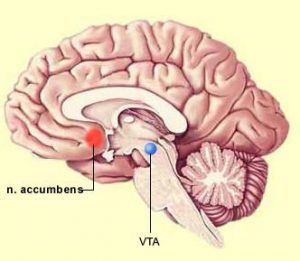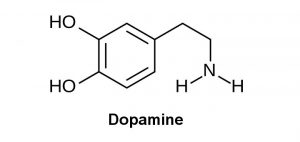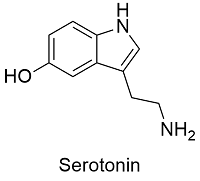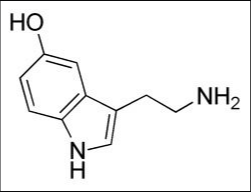Emma Bryce from Ted-Education explained why we itch, a common phenomenon that occurs to everyone. Although itching may not seem like a big deal, for people with skin diseases, it could become very irritating and painful. In order to target this issue, Emma described the itch-scratch cycle to give us a deeper understanding about itching.
We realize that we get random itching from time to time. So, what really causes itching? Our skin is evolutionarily built to feel the slightest of touch to alert us of harmful things that land on our skin. In our case, the danger that we encounter are things that irritate our skin. This includes bugs and allergens such as pollen and dust.
Skin sensitivity varies from person to person, and this is an important factor for skin diseases. For example, people with super sensitive skin can be prone to conditions like eczema, which is itching that turns into rashes. Another condition is psoriasis, which is an abnormally fast skin reproduction rate that piles up as dead skin, making the infected area look very patchy and scaly. These conditions lead to irritating consequences such as rashes, redness, and skin fissures, which is the skin cracking open. In severe cases, these could lead to bacterial infections.
 Eczema, credit to flickr
Eczema, credit to flickr
The itching process occurs very fast. The trigger occurs when some irritant lands on the skin. The skin nerve endings detect it and shoot an itching signal from our spinal cord to our brain. Then, our brain alerts us that particular spot is itchy and our reaction is to scratch it. When we scratch, we are scraping against our skin and this induces a very low level of pain. Then, our nerve endings send pain signals via the same route as the itching signal to our brain. Since only one type of signal can be transmitted per path, the pain signals override the itching signals.
 Scratching, credit to flickr
Scratching, credit to flickr
As this happens, our brain tries to relieve the pain by producing a neurotransmitter, which is a chemical messenger that helps neurons send signals to specific cells. In our case, the neurotransmitter is serotonin, and it is overriding pain signals with itching signals. For this reason, we end up feeling itchy again after scratching. This whole process is known as the itch-scratch cycle.
Personally, I have mild eczema and I easily get rashes and redness on my skin. I can definitely relate to the itch-scratch cycle and how irritating it could be. Hopefully, scientists will find a way to disrupt this cycle and find a cure for all these terrible skin conditions.
-Emily Lui





